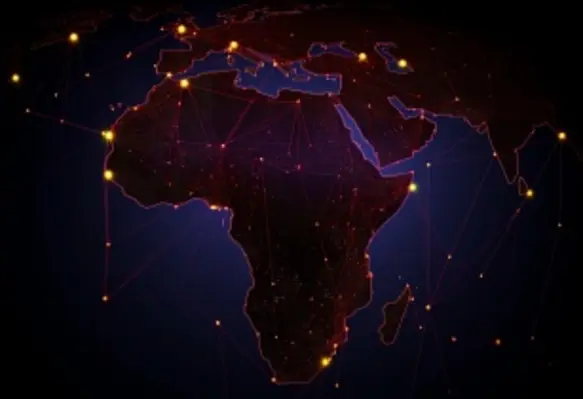The vice-president and flagbearer of the NPP, Dr Mahamudu Bawumia has highlighted the enormous impact of digitisation on the countrys development, after seven years of investment in the sector by the NPP Government
Speaking at the opening of the 75th Annual New Year School by the University of Ghana, Dr Bawumia said, focusing on modernising the Ghanaian economy through digitisation, upon assumption of office in 2017, was essential, and the results, he noted, have been telling.
"The goal, upon assumption of office, was to quickly transform our economy by leveraging on technological innovation as a means to leapfrog the development process, overcome legacy problems and improve both economic and public sector governance. This is why digitalisation has been a major area of focus for our government; to build a new system through digital transformation."
Since 2017, Ghana's digitalisation drive has seen the successful implementation of a national biometric identification system, a property address system, mobile money interoperability between all telephone networks and financial institutions, digitisation of government services at the DVLA, passport offices, NHIS services, port operations, delivery of essential drugs through drones, among many others.
These interventions, Dr Bawumia, noted, are having positive impacts on governance, as well as making things easier for Ghanaians.
"It is worthy to mention that our investments in digitalising the economy are yielding amazing results," Dr. Bawumia said.
"Our focus on digitisation is building efficient digital platforms for government business, and deepening financial inclusion."
Dr Bawumia, who is also the Flagbearer of the NPP in the 2024 elections, listed a number of generational problems Ghana's focus on digitization is helping to resolve, including identity exclusion, which he said, is being resolved through the Ghanacard.
He also identified the problem lack of a working address system in Ghana, which he said, the property address system, which have been rolled out, is helping to address.
On financial exclusion, which was on a large scale, prior to the introduction of mobile money interoperability, the vice-president noted that many Ghanaians who were unbanked and excluded from the financial equation, are now included as millions of Ghanaians are now part of the financial equation, through mobile money interoperability.
Dr Bawumia also stated that the approach to improving the delivery of public services, which is "to minimise human contact as much as possible", is helping in the fight against corruption and increasing government revenue.
The vice-president corroborated this claim by pointing out how the passport office, in 2017, processed a total of 16,232 applications, with a revenue of GHC 1.1m and how the same passport office, with the introduction of digitalisation, processed 498,963 online applications in 2021, with a total of revenue of GHC 56.7m.
The annual New Year School bybthe University of Ghana, brings stakeholders from various sectors together at the beginning of every yearyear to discuss issues of national development and global interest.
Dr Bawumia spoke on this year’s theme: Nurturing Resilience: Adopting Technology and Embracing Humanism for Sustainable Development.






















